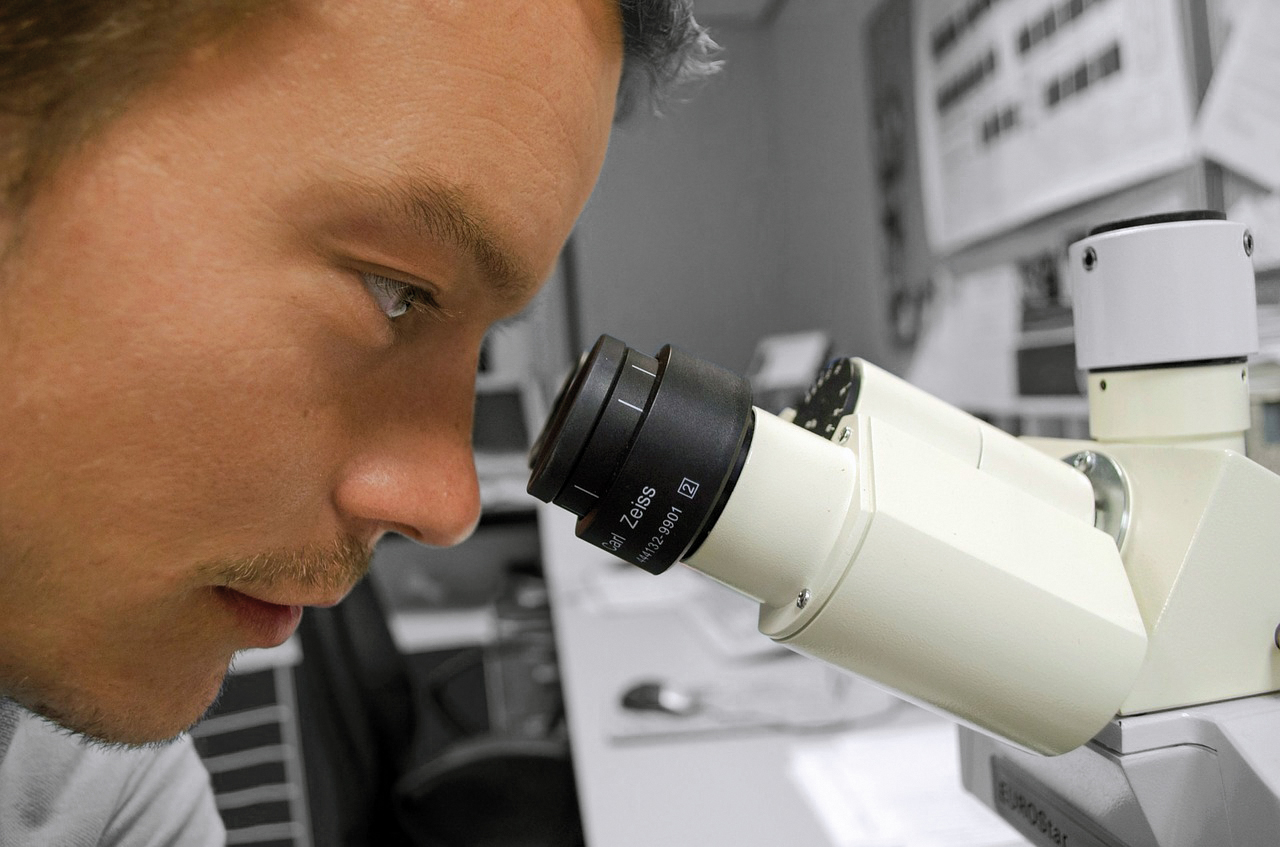The Liceo Artigianale by Cometa Formazione represents a new paradigm of general school, based on a strong component of real-based and competence-based learning. Here a synthetic abstract of the research discussed by the author at ECER Conference 2019 in Hamburg (Research funded by Fondazione Deloitte).
As recently emerged in several reports, society (life-styles, production, consumption) is rapidly changing: the job of 65% of children starting their educational pathway today does not yet exist (World Economic Forum, 2016). In this context, education needs to be renovated: competences are not only crucial for employability but also for the personal development and future social cohesion (Nussbaum, 2010; 2011; Alessandrini, 2014). The educational systems require a paradigm shift (Alessandrini, 2017) towards a “whole-school approach, to harness the motivation and commitment of all pupils and students, to develop their critical thinking and to improve their educational attainment in general. […] It requires interdisciplinary learning, new knowledge, skills and attitudes, creative thinking, innovation and a long-term perspective” (European Political Strategy Centre, 2016). This change should overcome traditional dichotomies (humanities-science; theory-practice; school-real world) and lead education to the ideal of Cicero’s humanitas. To some extent, it could be debated the strict connection between problem solving and sapientia; flexibility and decorum; team working and philanthropìa; motivation and gravitas; creativity and cultura; time management and temperantia.
Any change in the educational system and didactics is clearly based on the idea of school and the idea of learner and human being. In his “Éloge de la main” Focillon describe the hand as the man himself, giving the hand a preminent role in the relationship between the man and the reality; the hand and the action are the instrument for knowledge. Quoting Diderot and Bergson, he underlines the value of the homo faber and the importance of the hand to put him in connection with the Universe. At the same time, the value of the homo faber has been clear since the tradition of workshops in the Classical antiquity, China, Medieval and Renaissance Europe until the Encyclopedie (Alessandrini, 2014). The relationship between «hand and head, technique and science, art and craft» has been analysed by Sennett, who underlines the value of craftsmanship as «an enduring, basic human impulse, the desire to do a job well for its own sake» (2008).
Based on this pedagogical approach and on the studies on experiential learning (Dewey, Schön, Kolb, Gardner among the others), Cometa Formazione, a VET school in Como (Italy), has developed the Artisanal Lyceum: a new model of education for the Italian system aiming at renovating the approach in terms of disciplinary didactics and teaching practice. In order to strengthen their educational role, every discipline is not considered anymore an end in itself, rather an instrument to investigate the questions arising from the real experience of the students (Casaschi, 2017). Both the practice (work experience, outdoor activities, workshops, personal life) and the questions arising from it become the starting point of the learning process of the students in every single discipline. A strong coordination among the teachers encourages this process, promoting an interdisciplinary didactic approach. While practice is the trigger for arising students’ questions, teachers, as mentors, use disciplines to develop, from their different points of view, knowledge and competencies to make the students able to interpret and analyse the reality. After 3 years since its implementation, the aim of this research is:
- To describe how and to what extent teachers have changed their approach, making disciplines not an end in itself but an instrument to understand real phenomenons and to foster students’ professional aspirations.
- To evaluate how much students and parents are aware of this change of paradigm.
- To consolidate the model, underlining the elements of transferability.
- To isolate the differences between didactics in the Lyceum and in a VET approach.
Methods
Based on the same pedagogical framework, Casaschi states that the role of teachers should not be focused on the mere transmission of scientific contents to the students, rather to use the same contents to promote the essential steps in the learning process (2017). She developed an analysis of the level of innovation in teachers’ practices and the awareness of students, parents and the same teachers in a sample of schools in Bergamo, Italy (Casaschi et al., 2017). Using the same protocol, adapted to the context of the Artisanal Lyceum and the VET courses provided by Cometa Formazione, this research consists of a quali-quantitative analysis aiming at pointing out the use of disciplines, the innovation in didactics and the role of school-job rotation. The analysis has been conducted in 2 phases.
Online surveys – step 1
Specific surveys based on a 4-points Lickert scale have been administered to the community of the Artisanal Lyceum and VET courses including 37 teachers (9 in the Lyceum), 12 tutors (2), 380 students (31) and parents.
Rather than investigating the beliefs of the stakeholders, the survey looks for quantitative data on concrete activities, behaviour, actions happening in the classroom and in the teaching practice between September 2018 and January 2019 for the first half of the school-year. Typology of lessons, study visit, use of technologies, frequency of workshops, classroom settings, among the others, have been considered proxies to point out to what extent disciplines are still considered an end in itself and what kind of connection exists (if existing) between teaching activities and the real world outside the classroom.
The structure and the essential requests are the same in all the surveys to identify more clearly different degrees of perceptions among the stakeholders; nonetheless, although practical adaptations have been introduced to facilitate the provision.
Focus groups – step 2
Focus groups have been organized with specific categories of relevant stakeholders: 1) teachers of the Lyceum and the VET courses to identify both specific and common aspects in their teaching practice; 2) students of the Lyceum to outline their views on the innovations they perceive in the school activities.
Expected Outcomes
The analysis of the surveys is on going. Results are expected to better identify the degree of innovation in terms of didactics developed by the teachers of the Artisanal Lyceum after 3 years since its implementation. The research will mainly analyze the teaching practices: use of different materials beside books; use of workshops (for language, arts, technical, professional); actions to promote active citizenship; the learning environment (classrooms, outdoor activities); didactics, including evaluation; the relationship teachers-parents. The emerging frequency of some of these practices can provide a preliminary source of evaluation of the innovations introduced in the disciplinary didactics in the Artisanal Lyceum. The results can provide the teachers with potential guidelines for further innovations in their daily activity. Furthermore, the comparison between teachers’ answers and students’ (and parents’) answers can be an interesting element to point out potential misperceptions among the different stakeholders.
After the analysis, the focus groups will be activated to better identify and deepen some of the trends emerging from the surveys, trying to outline, for instance, potential constraints in the teachers’ practice.
The results should lead to define the main elements of this model, outlining its potential transferability. Policy implications will be also suggested in terms of positive reforms of the educational system, as well as, of teacher education.
References
- Alessandrini, G. (2014) Generare capacità: educazione e giustizia sociale, in Alessandrini, G. a cura di, La «pedagogia» di Martha Nussbaum. Approccio alle capacità e sfide educative, FrancoAngeli, Milan.
- Alessandrini, G. (a cura di) (2017). Atlante di pedagogia del lavoro. Milano: FrancoAngeli
- Casaschi, C. (2017), La ricerca: stato dell’arte, Nuova Secondaria, n.5, pp.5-19
- Casaschi, C., Giraldo, M., Richiedei, G., Roncalli, P., Rota, M.B., Tonoli, L. (2017), Alternanza formativa e valenza orientativa e didattica delle discipline. Riflessioni da una ricerca, Nuova Secondaria Ricerca, n. 5
- Dewey, J. (1938), Logica, teoria dell’indagine, Einaudi, Torino.
- European Political Strategy Centre (2016), Sustainability Now! A European Vision for Sustainability. Available at: https://ec.europa.eu/epsc/sites/epsc/files/strategic_note_issue_18.pdf
- Gardner, H. (1983), Formae Mentis. Saggio sulla pluralità dell’intelligenza, Feltrinelli, Milan.
- Nussbaum, M.C. (2011). Creating Capabilities. The Human Development Approach. Cambridge: The Belknap Press of Harvard University Press.
- Nussbaum, M.C. (2011), Creating Capabilities. The Human Development Approach, The Belknap Press of Harvard University Press, Cambridge.
- Schön, D. A. (1987), Educating the reflective practitioner, Jossey-Bass, San Francisco.
- Sennett, R. (2008), The Craftsman, Yale University Press, New Haven.
- World Economic Forum (2016). Future of Jobs. Employment, Skills and Workforce Strategy for the Fourth Industrial Revolution. Available at: http://www3.weforum.org/docs/WEF_Future_of_Jobs.pdf

